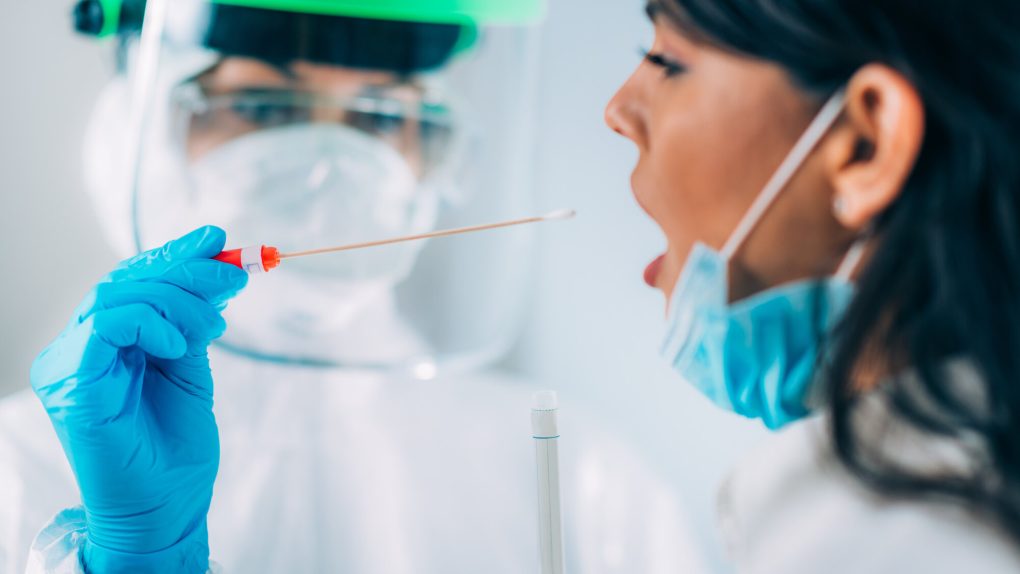- Researchers from Japan have discovered a new coronavirus mutation that seemingly came to the country from Brazil.
- The Brazilian strain features 12 different mutations, including one spotted on the UK and South African mutations that were revealed a few weeks ago.
- It’s unclear how contagious this new strain is compared to other coronavirus strains circulating in Brazil, but the country is currently experiencing a new wave of COVID-19 infections.
The UK and South Africa announced two potentially dangerous coronavirus strains in the weeks leading up to Christmas. The mutations were confirmed just a few days apart, and the weeks that followed brought us more details about the two variants. The B.1.1.7 (UK) and B.1.351 (South Africa) strains each feature more than 10 distinct mutations, including mutations at the spike protein level. Scientists from Pfizer and BioNTech already tested their vaccine against that spike mutation and found it to be effective. The news came after weeks of speculation on whether or not vaccines would still work against the two new SARS-CoV-2 variants. Public health officials and experts in the field said vaccines should still work, though some worried that the South African strain might thwart antibodies.
Vaccines might work against the two strains, but the two versions are still more infectious than other variants, driving record case numbers in the UK and South Africa. Unfortunately, these aren’t the only new coronavirus mutations that are causing concern.
Researchers from Japan found another significant mutation that features 12 genetic changes, per Japan Times. That includes one mutation that is also found on B.1.1.7 and B.1.351.
The strain isn’t originally from Japan, as health officials detected it in people who came to the country from Brazil. Four people who arrived at the Tokyo Haneda Airport on January 2nd tested positive in airport quarantine, with three of them showing symptoms. A man in his 40s had problems breathing, a woman in her 30s had a headache and sore throat, and a teenage male had a fever. The fourth person was a teenage girl who had no symptoms.
NIID experts further analyzed the samples, proving the existence of a new mutant strain.
“At the moment, there is no proof showing the new variant found in those from Brazil is high in infectiousness,” head of the National Institute of Infectious Diseases (NIID) Takaji Wakita told a health ministry briefing.
Japanese authorities have notified Brazil’s Health Ministry of the new strain with 12 genetic changes that were discovered. The findings so far indicate “a potential higher virus infectiousness,” the Brazilian Health Ministry said. Officials in the country have taken preventive measures and sent notifications to domestic organizations, a Brazilian Official told Japan Times.
Brazil is already experiencing a new COVID-19 wave, with daily averages surpassing 50,000 new cases. The South African strain is already circulating in the country, in addition to the Brazilian strain that’s now reached Japan.
It’s unclear whether there are any relationships between the UK, South African, and Brazilian strains. More research will be required to explain all three strains and determine exactly how dangerous they are in terms of infectiousness, illness severity, and vaccine efficacy.
The US CDC announced a few days ago that there’s no new US strain that can be confirmed at this time, contrary to what the White House coronavirus taskforce told people a few days earlier. The CDC acknowledged that the novel coronavirus variants can appear simultaneously across the globe and that there might be SARS-CoV-2 versions specific to the US. But there’s no data to prove the emergence of a dominant coronavirus mutation in America.








